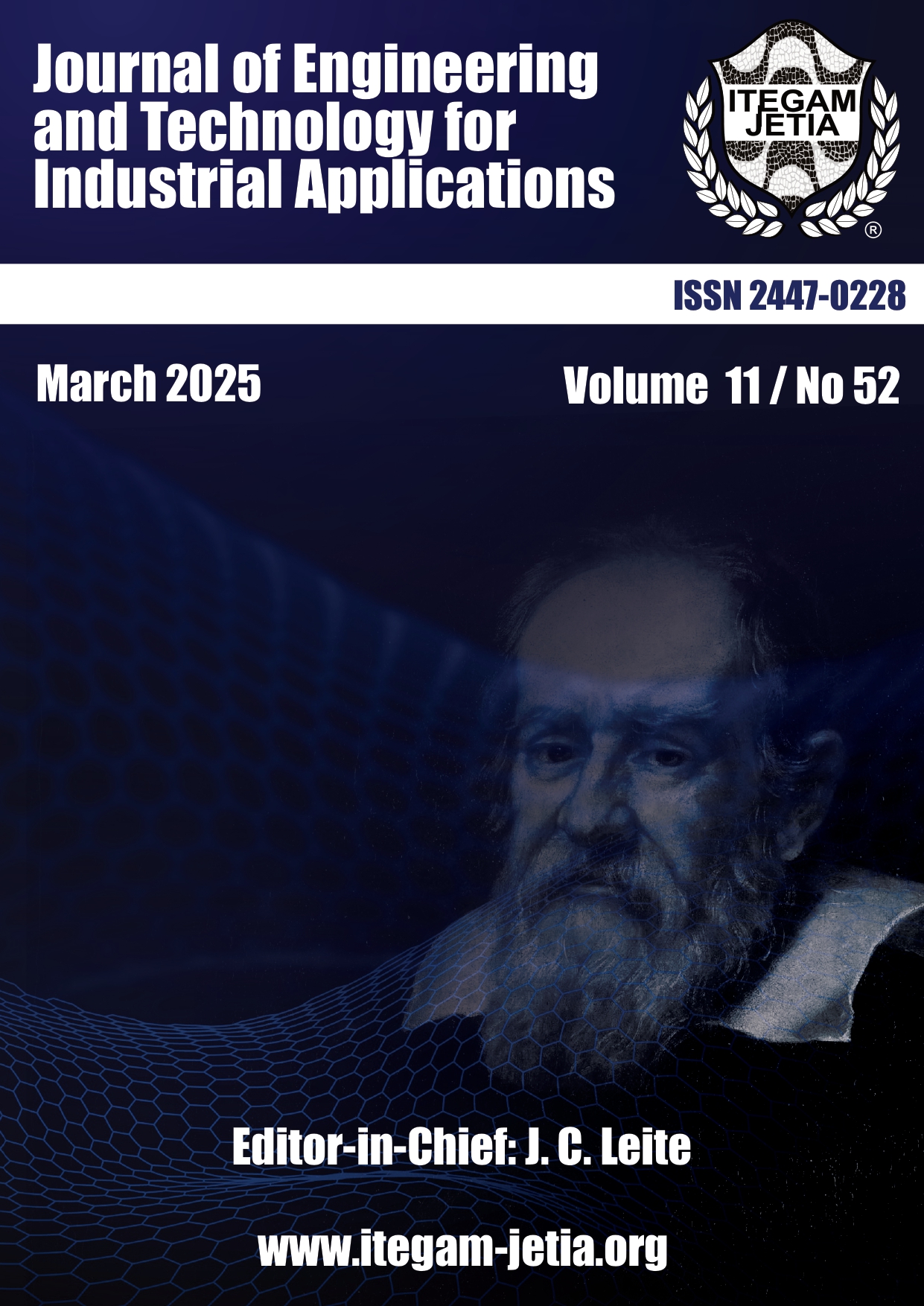Enhancing Incentive Schemes in Edge Computing through Hierarchical Reinforcement Learning
Abstract
Edge learning is a distributed approach for training machine learning models using data from edge devices. It preserves privacy by avoiding direct data sharing. However, existing systems struggle with resource inefficiency, malicious node participation and lack of long-term sustainability. These challenges reduce performance and discourage participation in edge learning. This paper proposes Chiron, a robustness-aware incentive mechanism designed to address these issues. Chiron employs a hierarchical reinforcement learning (HRL) framework to optimize resource allocation and ensure fair participation. The framework focuses on three key components: pricing strategy, resource distribution and malicious node detection. Chiron integrates system-level performance and model accuracy into its optimization goals, ensuring a balance between efficiency and effectiveness. The hierarchical structure includes three layers. The top layer determines the total incentive budget to achieve long-term sustainability. The middle layer allocates resources to minimize idle time and enhance efficiency. The bottom layer identifies and excludes malicious or lazy nodes that negatively impact the education process. By tackle both short-term and long-term objectives Chiron ensures fairness and performance stability. Extensive experiments validate Chiron’s capabilities using real-world datasets like MNIST and CIFAR-10. Chiron demonstrates robust byzantine resistance and supports sustainable edge learning by addressing critical gaps in current approaches. This work contributes to the advancement of edge learning by presenting a reliable and efficient solution for real-world applications. By integrating security, sustainability and performance, Chiron enables edge learning to be both practical and impactful in various domains
Downloads
Copyright (c) 2025 ITEGAM-JETIA

This work is licensed under a Creative Commons Attribution 4.0 International License.











